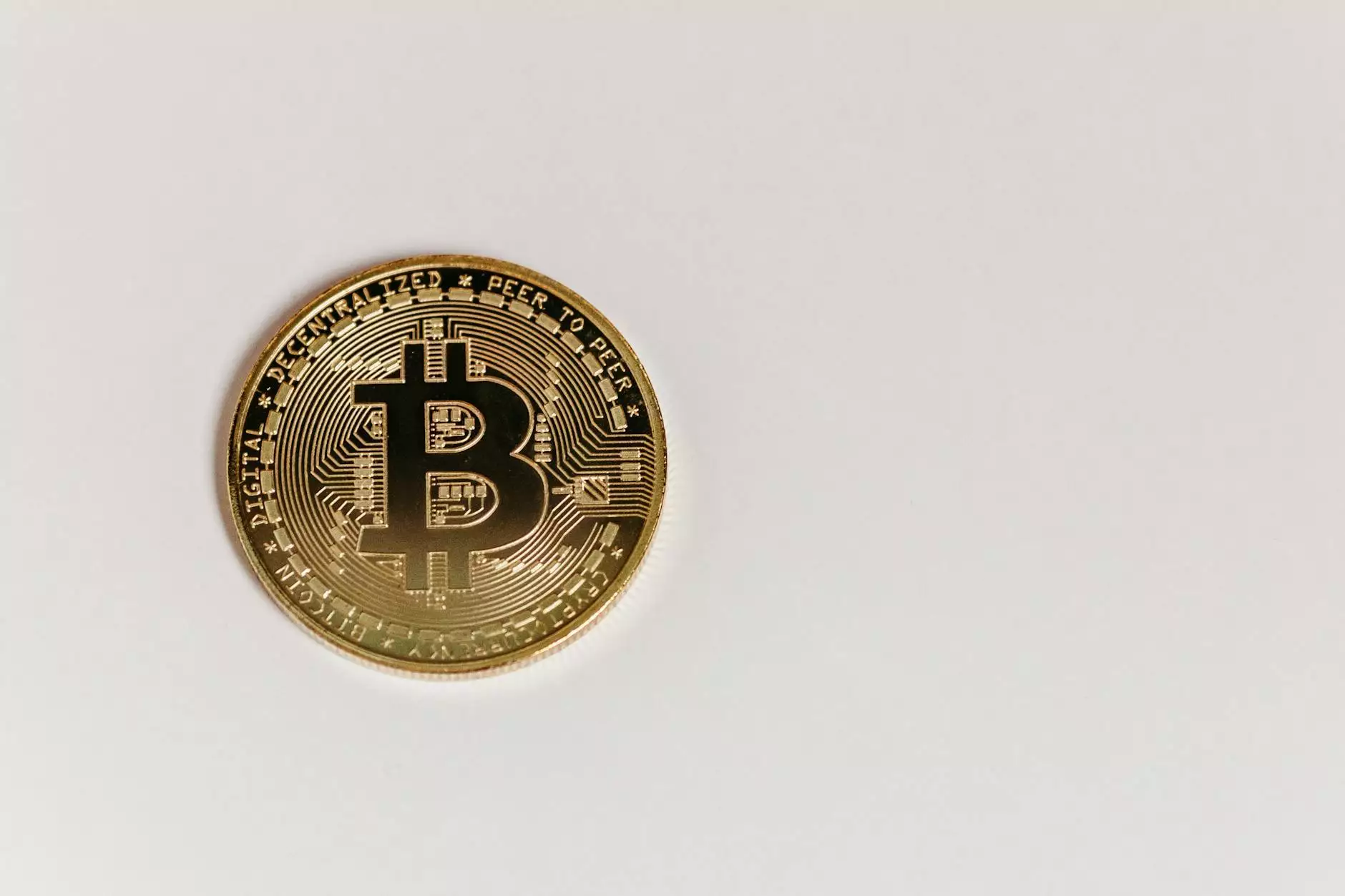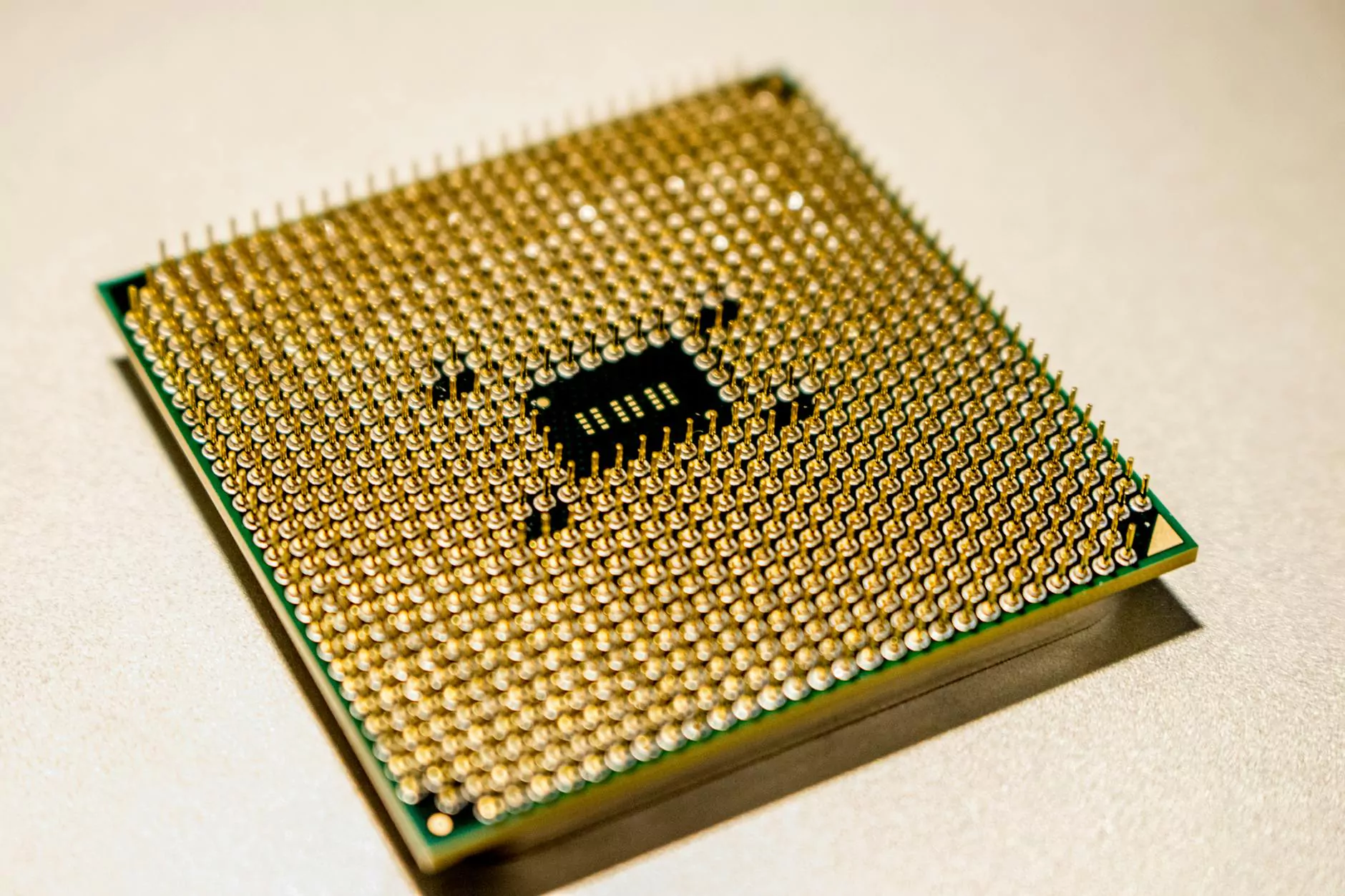Innovative Radiation Project Ideas for Effective Research

In the rapidly evolving field of science and technology, the significance of research cannot be overstated. An understanding of radiation and its various applications is crucial across multiple disciplines, including physics, medicine, and environmental studies. This article is a comprehensive guide featuring an extensive list of potential radiation project ideas that can serve as research topics for students and professionals alike.
Understanding Radiation
Radiation refers to the emission and propagation of energy through space or a medium in the form of waves or particles. It is categorized into two types: ionizing radiation and non-ionizing radiation. Ionizing radiation possesses enough energy to remove tightly bound electrons from atoms, which can lead to atomic damage and is often linked to serious health risks.
In contrast, non-ionizing radiation includes lower energy emissions, such as radio waves, visible light, and electromagnetic fields. Both types play significant roles in various applications, making research in this area vitally important.
Importance of Research in Radiation
Research into radiation has profound implications across several fields:
- Medical Applications: Radiation is key in diagnostics and treatment, particularly in radiation therapy for cancer patients.
- Industry Usage: Various industries utilize radiation to improve processes, such as in quality control or sterilization techniques.
- Environmental Studies: Research helps assess the impact of radiation on ecosystems and human health, particularly in regions near nuclear power plants.
The exploration of radiation leads to innovations that can enhance safety, efficacy, and understanding of phenomena that affect our world.
Top Radiation Project Ideas
Here are some innovative radiation project ideas for your research endeavors:
1. The Effects of Radiation on DNA
This project investigates the mechanisms by which ionizing radiation damages DNA and how these effects can lead to mutations and cancer. Techniques such as electrophoresis can be employed to visualize DNA fragments that have been affected by radiation.
2. Development of Radiation Detection Devices
Design and prototype devices capable of detecting different types of radiation (alpha, beta, gamma). This project could focus on improving sensitivity and portability, potentially using materials like scintillator crystals or geiger-müller tubes.
3. Radiation Therapy Techniques
Explore advanced techniques used in radiation therapy for cancer treatment. An analytical study could investigate the efficacy of various methods such as intensity-modulated radiation therapy (IMRT) vs. conventional radiation methods.
4. Analyzing Radiation Exposure in Occupational Settings
This project can assess the levels of radiation exposure among workers in high-risk environments, such as medical facilities or nuclear plants, evaluating safety measures and regulations in place.
5. Environmental Monitoring of Radiation
Conduct a study on radiation levels in the environment, particularly in areas near nuclear facilities. Utilize geospatial analysis and statistical tools to interpret the data collected.
6. Educational Tools for Understanding Radiation
Design interactive educational models or simulations that help illustrate the concepts of radiation and its effects. This project could target classrooms or public educational programs.
7. Investigating the Relationship Between Radiation and Climate Change
Examine how radiation from the sun influences climate patterns. This multidisciplinary project can offer insights into both atmospheric science and environmental studies.
8. Assessing the Safety of Radiation in Medical Imaging
Research the implications of repeated exposure to radiation in diagnostic imaging technologies such as X-rays and CT scans. Analyze risk factors and propose guidelines for minimizing exposure.
9. The Use of Radiation in Food Preservation
This project investigates the effectiveness of radiation in sterilizing food products to extend shelf life, comparing it with other preservation techniques.
10. Innovative Applications of Non-ionizing Radiation
Explore creative applications of non-ionizing radiation, such as its role in telecommunications or in innovative manufacturing processes, using advanced materials.
Research Methodologies for Radiation Projects
When undertaking a research project on radiation, it is vital to adopt robust methodologies to ensure the accuracy and reliability of results:
- Literature Review: Conduct a thorough review of existing literature to understand the state of research in your chosen area.
- Experimental Design: Develop an experimental protocol tailored to address your specific research question effectively.
- Data Collection: Use appropriate techniques for collecting data, ensuring that measurements are taken accurately.
- Analysis and Interpretation: Employ statistical tools and software to analyze data and draw meaningful conclusions.
Conclusion
The exploration of radiation project ideas provides students, researchers, and professionals with the opportunity to delve into a field that significantly impacts our world. By pursuing innovative research, we can improve our understanding of radiation's effects, harness its benefits, and mitigate its risks. Whether it's through medical advancements, environmental protection, or safety enhancements, the potential of radiation research is vast and crucial for future developments.
As you embark on your research journey, remember to stay updated with the latest trends and scientific advancements. This ensures your projects are not only relevant but also contribute meaningfully to our growing body of knowledge in the realm of radiation.
Additional Resources
Consider exploring the following resources to further aid your research in the field of radiation:
- National Center for Biotechnology Information - A wealth of scientific articles and publications.
- ScienceDirect - Access a comprehensive database of scientific and technical research.
- Taylor & Francis Online - A broad collection of peer-reviewed journals.









